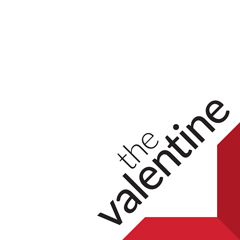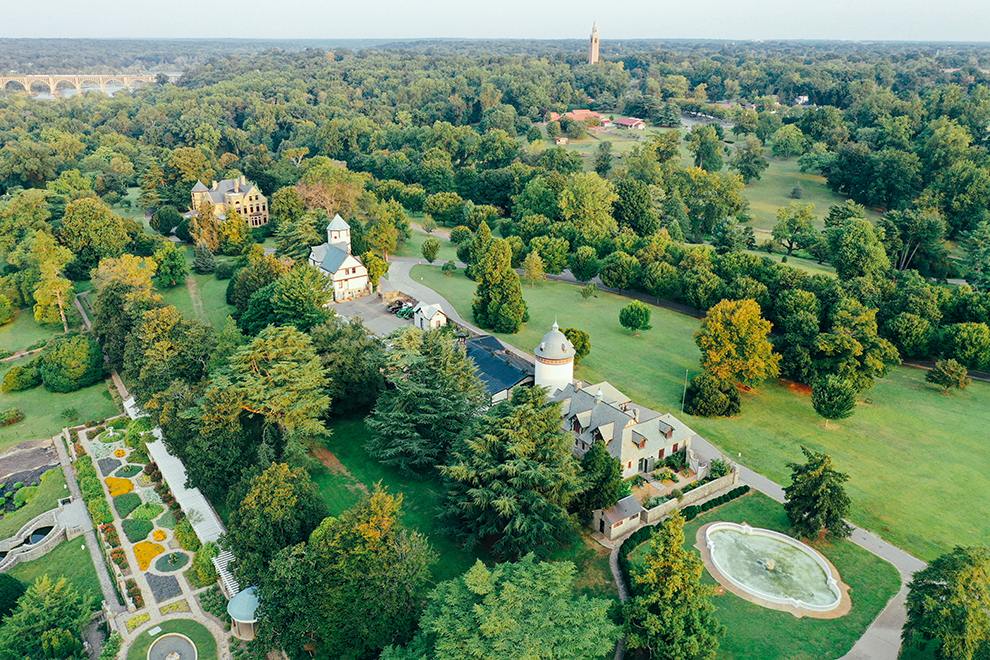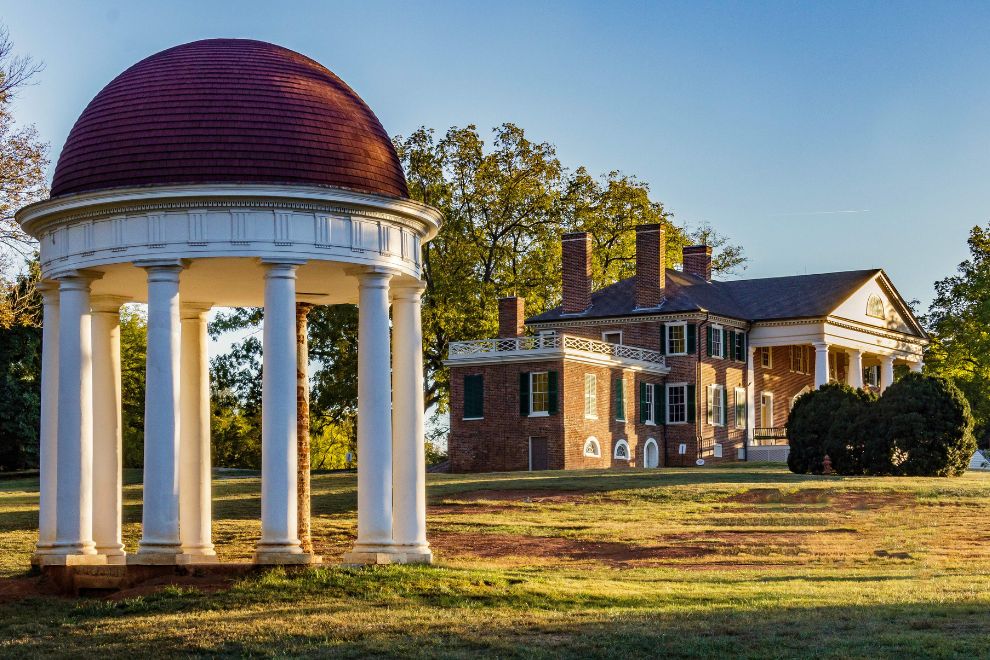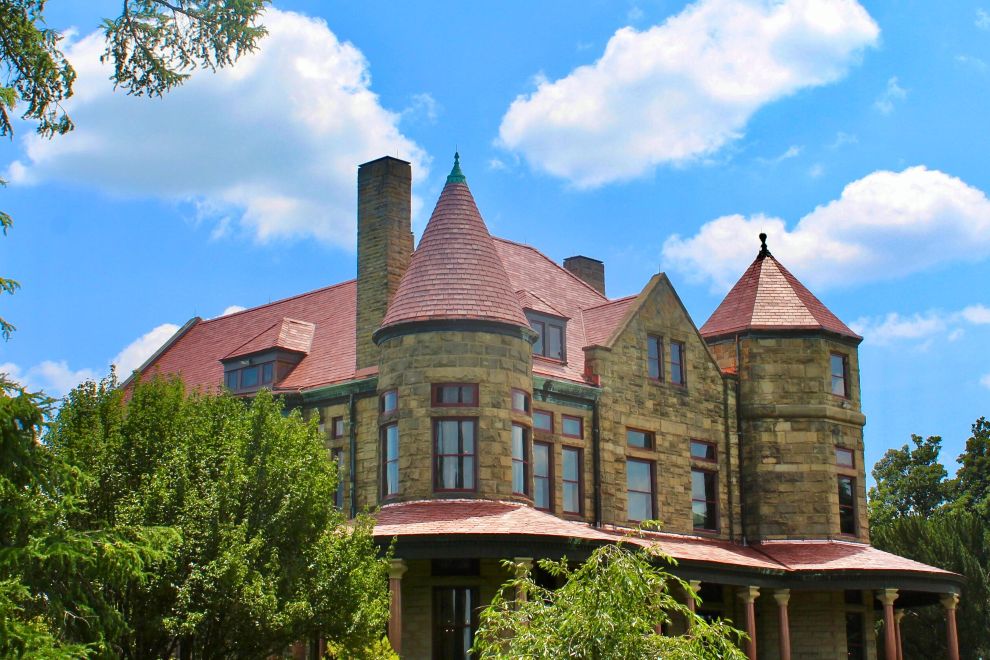It was September 1965. Three male college students went to register for classes in Richmond, only to be denied. The administration informed them that in order to register, they needed to cut their long hair and shave their beards.
Not so easily intimidated, the students hired a lawyer, who sought an injunction against the school in Richmond Circuit Court. Citing the Eighth, First, and Fourteenth Amendments to the United States Constitution, they claimed that the registration rejection constituted cruel and unusual punishment, and that the grooming standards denied them freedom of expression, due process, and equal protection of the law. The school’s official code required students to “maintain acceptable standards in their dress and comportment both on campus and in the neighborhood.”
Though hair was never mentioned in the code itself, the administration stood its ground and the college president – Dr. George Oliver – issued a statement, clarifying that “beards in general are unacceptable.” Later, Oliver conceded in court that moustaches would be fine. The case escalated with protests by students, even as the students lost in court and in appeal. Two of the three plaintiffs gave in and shaved. By November 1966, one plaintiff remained: Norman Thomas Marshall, a senior, whose graduation had been delayed for his inability to register for classes. The ACLU appealed his case to the U.S. Supreme Court. The nine justices – all of them clean-shaven – declined to hear the case, not even bothering to cite a reason. By the 1967 school year, however, beards and long hair had become so common that the school relaxed the rules on their own. The next year, the Virginia Professional Institute consolidated with the Medical College of Virginia, changed its name, and became Virginia Commonwealth University.
Photo: Richmond Civil Rights Collection, The Valentine






